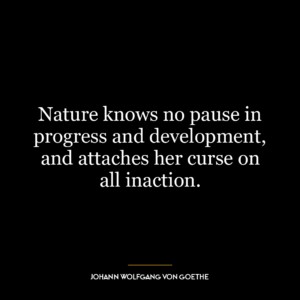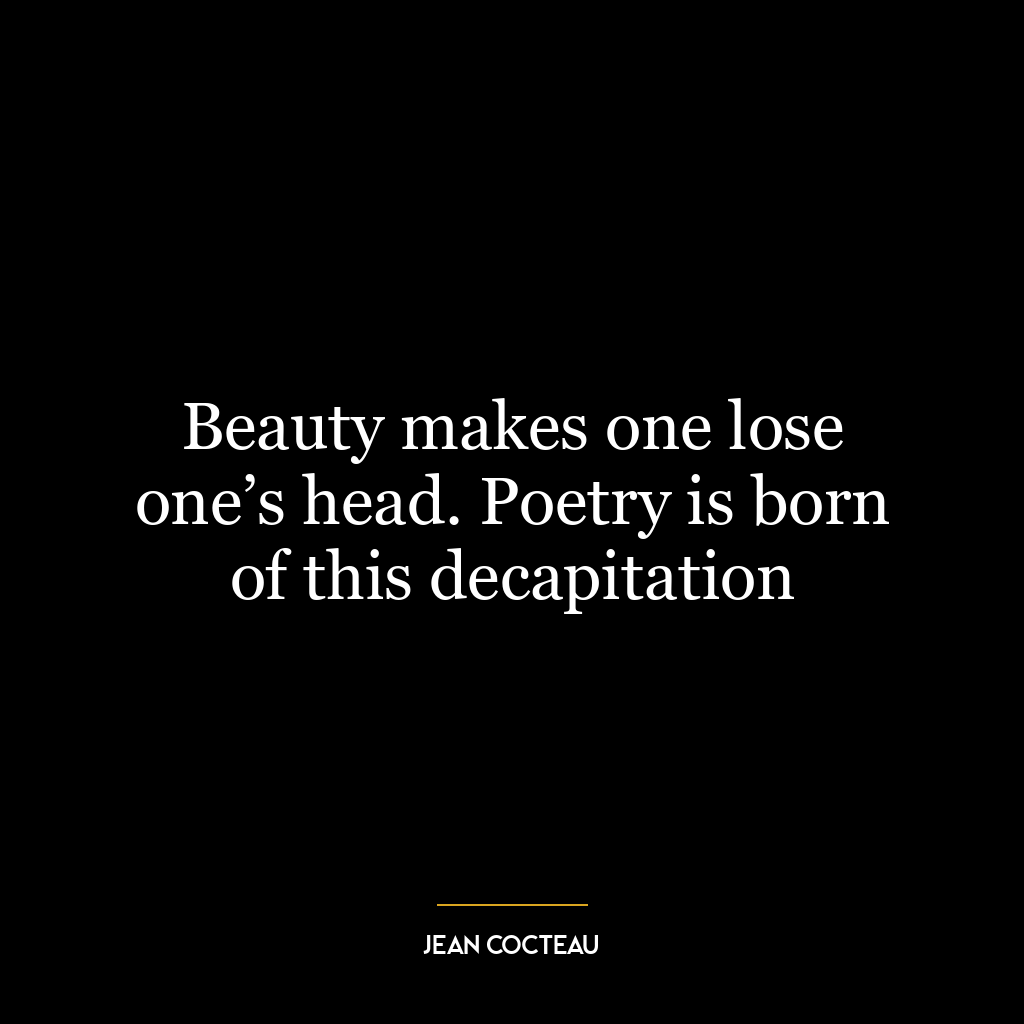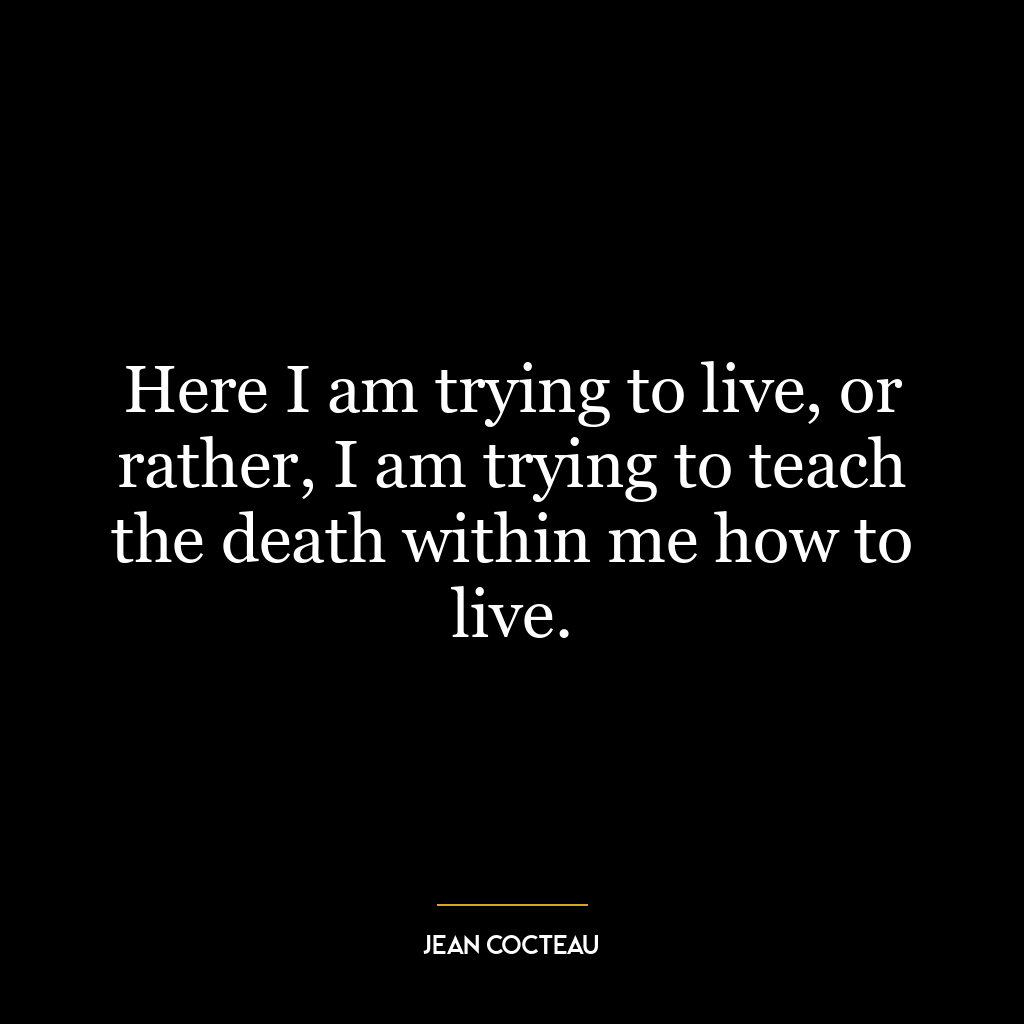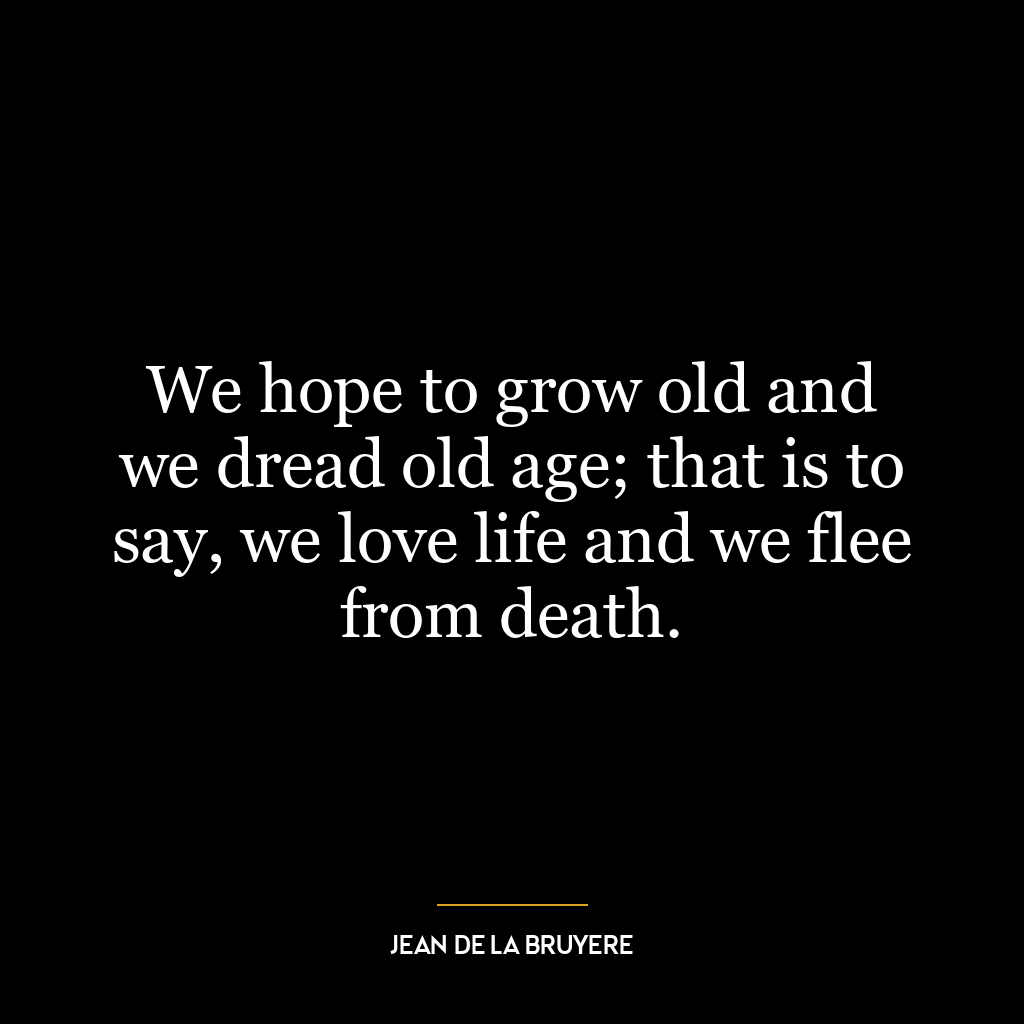“Superstition is part of the poetry of life” is a profound statement that suggests superstition, like poetry, is an integral part of human life. Superstitions are often seen as irrational beliefs, but they can also be viewed as a form of storytelling that helps us make sense of the world around us. Just as a poem can capture complex emotions and ideas in a few lines, superstitions can encapsulate our hopes, fears, and values in simple beliefs and rituals.
Superstition can be seen as a human attempt to control the uncontrollable, to find patterns in randomness, and to bring a sense of order and predictability to life. Just as poetry uses metaphor, rhythm, and other literary devices to convey meaning and evoke emotions, superstitions use symbolism, ritual, and the power of belief to influence our thoughts and actions.
This quote suggests that even if superstitions are not based on scientific facts, they still have value because they enrich our lives by adding layers of meaning, mystery, and wonder, just like poetry does. They allow us to connect with our ancestors, to express our cultural identity, and to engage with the world in a more imaginative and intuitive way.
In today’s world, we often prioritize rationality and scientific evidence over superstition. However, this quote reminds us that there’s room for both in our lives. Superstitions can coexist with science, just as poetry can coexist with prose. They can help us navigate uncertainty, cope with stress, and find comfort in tradition.
In terms of personal development, embracing the “poetry” of superstitions can enhance our creativity, emotional intelligence, and cultural literacy. It can make us more open-minded, more empathetic, and more in tune with our subconscious mind. It can also encourage us to question our assumptions, to appreciate the complexity of human experience, and to find beauty and wisdom in unexpected places.















